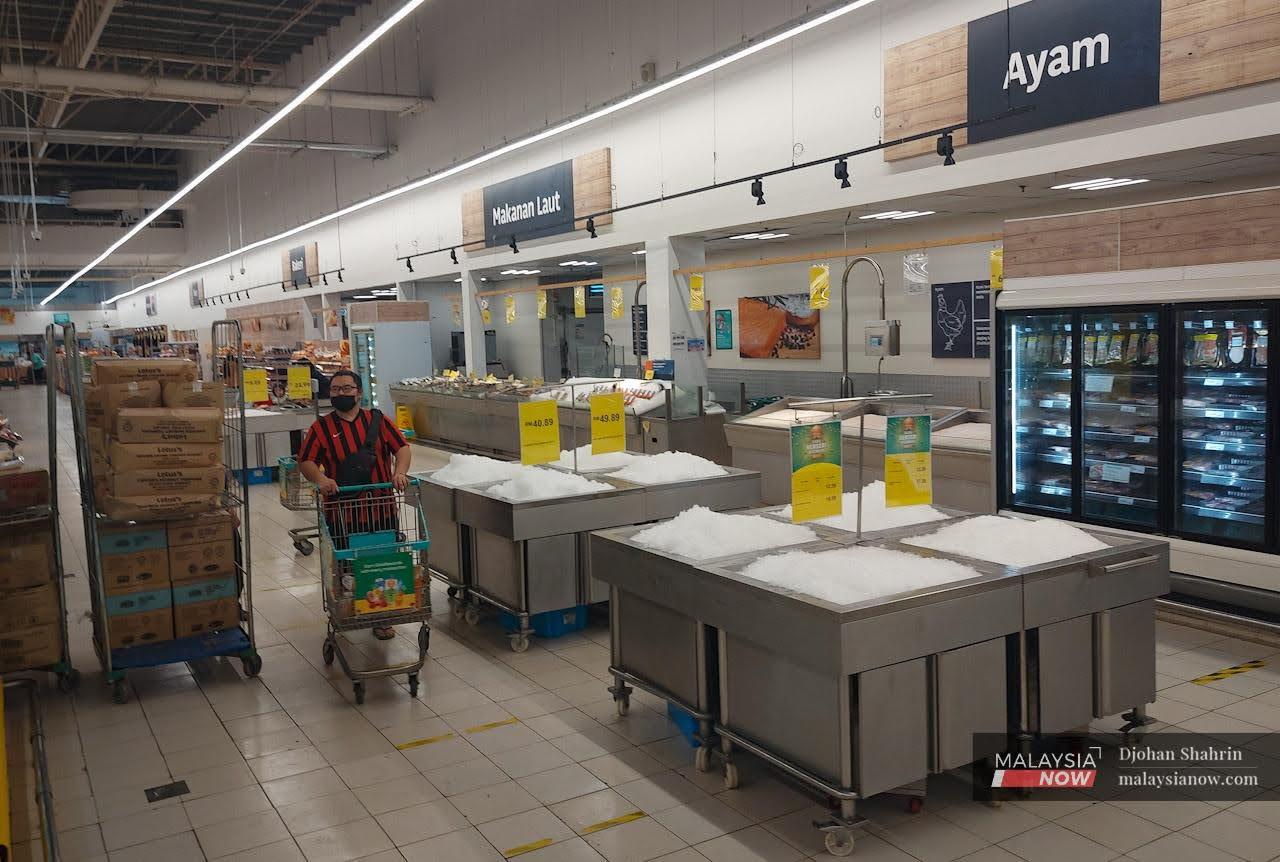Chicken export curbs ruffle feathers down south in Singapore
The city-state's food agency warns of 'temporary disruptions to the supply of chilled chicken' and advises consumers to buy only what they need.
Just In
The government’s move to cut exports of chickens to control soaring prices and combat domestic shortages ruffled feathers today, with neighbouring Singapore warning of supply disruptions.
Malaysia became the latest country to curb food exports as prices surged, after India banned wheat shipments and Indonesia temporarily halted palm oil exports.
Prime Minister Ismail Sabri Yaakob announced late yesterday that the export of up to 3.6 million chickens a month would be halted from June 1 “until prices and supply stabilise”.
“The government cares about and takes seriously the issue of rising prices and the current (low) supply of chickens that is hurting” Malaysians, he said in a statement.
The move followed mounting complaints in Malaysia but it triggered concerns in Singapore, the small city-state that relies in large part on its neighbour for food supplies.
Around a third of Singapore’s chicken imports came from Malaysia in 2021, according to the city-state’s food agency.
The agency warned of “temporary disruptions to the supply of chilled chicken”, but added that it was working with importers to minimise the impact.
“We also advise consumers to buy only what they need,” it said in a statement.
Some stalls selling chicken at fresh produce markets in Singapore warned they might have to close temporarily as a result of the ban, news outlet CNA reported.
Malaysia also exports chickens to markets including Thailand, Japan and Hong Kong.
As well as curbing exports, Ismail said Malaysia would seek to boost its chicken stocks, abolished some import permits, and vowed that price-fixing allegations would be investigated.
Malaysia’s headline inflation rose to 2.2% in March, with food prices up 4%.
Concerns are growing worldwide about food insecurity due to climate change and Russia’s invasion of Ukraine, with the World Bank warning this month that price increases were having “devastating effects”.
Subscribe to our newsletter
To be updated with all the latest news and analyses daily.
